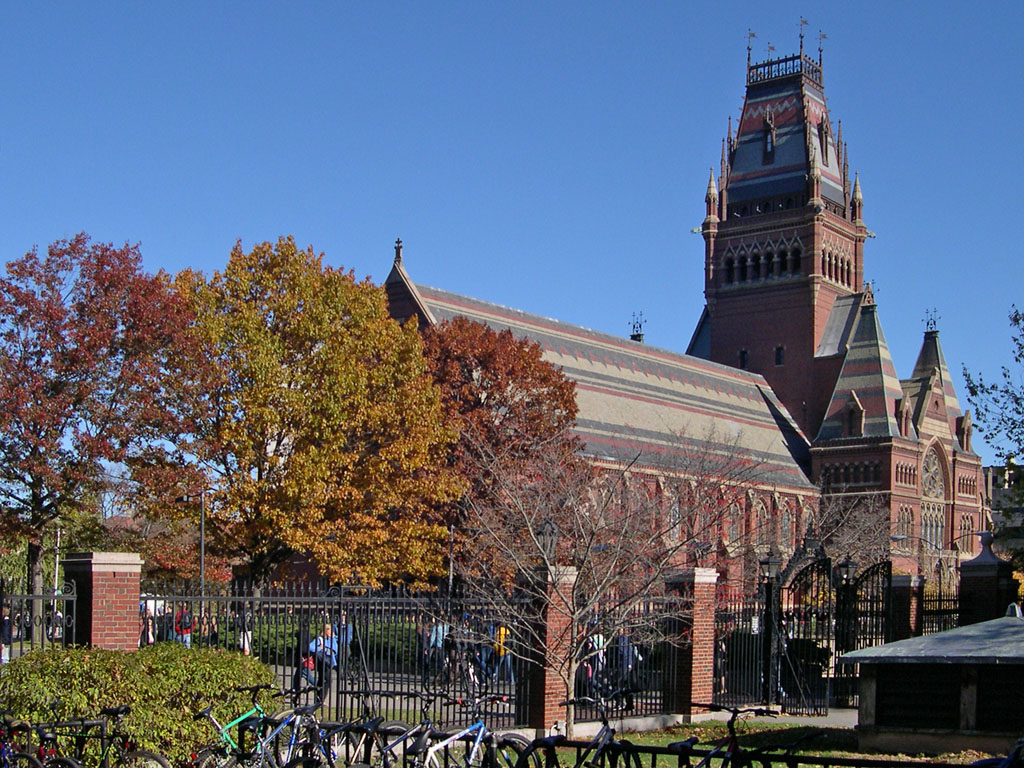Stanley Marcus
 Harold Stanley Marcus (April 20, 1905 – January 22, 2002) was president (1950–1972) and later chairman of the board (1972–1976) of the luxury retailer Neiman Marcus in Dallas, Texas, which his father and aunt had founded in 1907. During his tenure at the company, he also became a published author, writing his memoir ''Minding the Store'' and also a regular column in ''The Dallas Morning News''. After Neiman Marcus was sold to Carter Hawley Hale Stores, Marcus initially remained in an advisory capacity to that company, but later began his own consulting business, which continued until his death. He served his local community as an avid patron of the fine arts and as a civic leader. In a chapter titled "Mr. Stanley"—the name by which Marcus was known locally for decades—in his 1953 work ''Neiman-Marcus, Texas'', Frank X. Tolbert called him "Dallas's most internationally famous citizen" and worthy of being called "the Southwest's No. 1 businessman-intellectual."
Harold Stanley Marcus (April 20, 1905 – January 22, 2002) was president (1950–1972) and later chairman of the board (1972–1976) of the luxury retailer Neiman Marcus in Dallas, Texas, which his father and aunt had founded in 1907. During his tenure at the company, he also became a published author, writing his memoir ''Minding the Store'' and also a regular column in ''The Dallas Morning News''. After Neiman Marcus was sold to Carter Hawley Hale Stores, Marcus initially remained in an advisory capacity to that company, but later began his own consulting business, which continued until his death. He served his local community as an avid patron of the fine arts and as a civic leader. In a chapter titled "Mr. Stanley"—the name by which Marcus was known locally for decades—in his 1953 work ''Neiman-Marcus, Texas'', Frank X. Tolbert called him "Dallas's most internationally famous citizen" and worthy of being called "the Southwest's No. 1 businessman-intellectual."Marcus introduced many of the innovations for which Neiman-Marcus became known, creating a national award for service in fashion and hosting art exhibitions in the store itself, as well as weekly fashion shows and an annual Fortnight event highlighting a different foreign country for two weeks each year. He established the Neiman-Marcus Christmas Catalogue, which became famous for extravagant "His and Hers" gifts such as airplanes and camels. Marcus prided himself on his staff's ability to provide service and value for each client, often citing his father's dictum, "There is never a good sale for Neiman Marcus unless it's a good buy for the customer."
He received the Chevalier Award from the French Legion of Honor, was listed in the ''Houston Chronicle''